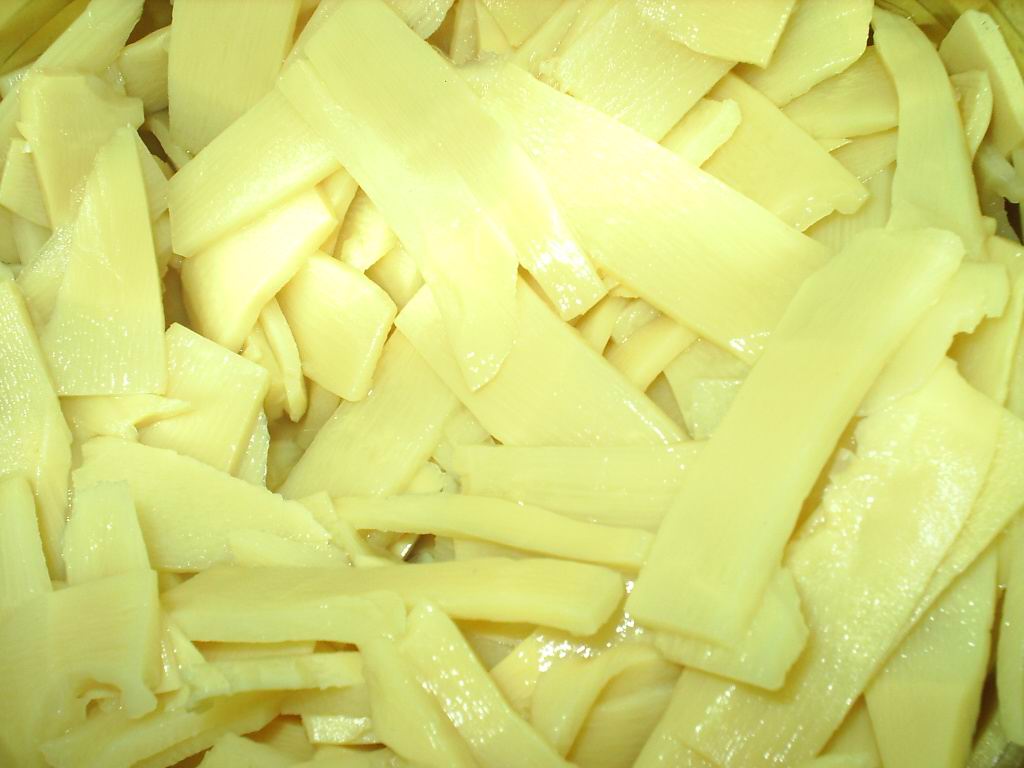The secret to a fit body may be hidden in the blood type.
These diets are popular in the West and they are finding a foothold in India where some fitness experts are recommending them. Explaining how such diets work, Ekta Tandon, Delhi-based nutritionist and dietician at dailydiet.in, says a chemical reaction occurs between your blood and foods as they are digested.
"Lectins, a diverse and abundant protein found in food, may be incompatible with your blood group and adverse side effects may occur. So I would recommend that one can follow a blood group diet along with the normal food in order to give all the nutrients to the body," Tandon told IANS.
American naturopaths James D'Adamo and his son Peter D'Adamo, founder of blood group-based diets, feel each person's blood group is key to how he burns his calories, what food he should eat and how he would benefit from certain type of exercise.
"People with A blood type have a different set of characteristics from people who are Type O - they are susceptible to different diseases, they should eat different foods and exercise in a completely different manner," says Peter on their website www.dadamo.com.
If one goes by the blood group diet chart, it suggests that 'Type O' people should eat high proteins; 'Type A' should avoid heavy proteins and dig on carbohydrates; 'Type B' people should drink more milk and avoid fruits like corns, lentils and peanuts.
People with Type AB blood group, which is very rare, can go for a combination of diet chart recommended for both Type A and Type B.
Some popular diets include Atkins, which is low-carbohydrate diet, Sonoma consisting of managing portions, sizes and eating "power foods" like whole grains, almonds, bell peppers, tomatoes, broccoli, grapes, spinach, blueberries, strawberries and olive oil.
Then there is the South Beach diet that replaces bad carbohydrates with good carbohydrates. And now come blood group-based diets.
"In the three months that I have been on a diet, I have lost almost 5 kg. So far everything is good. My dietician is wonderful and always promptly answers my queries," said Akankasha Darswal, who has Type A blood group.
"The only difficulty I faced was eating more carbohydrates. As we all know, in order to lose weight, we should avoid carbohydrates...so initially, I was a bit skeptical, but in the end, the results are there for all to see," she added.
Tandon however cautions people, saying: "These diets work, but like excess of everything is bad, one should not over do it. One should have a diet which is a mix of blood group plus a diet that suits your lifestyle. One should also consult a professional and also not forget that age plays an important role."
Tandon said that food and exercise go hand in hand.
"So even if you have normal weight and you exercise regularly, it will keep you fit always. Always remember food is never a culprit, it's the way we eat the food which makes it bad for our health.
"These diets can be beneficial for you if you have them in combination with other foods. Singlehandedly one food cannot fulfil one's dietary needs; thus it's important to have all kinds of food in one's diet," she said.
But there are still those who are not confident about it.
"I do not refer such diets to my clients and have never seen a particular diet giving the same results to two people having the same blood group," said Sonia Narang, senior dietician at fitness club Finesse.
 Beetroot juice is well known for its medicinal qualities since ages. It is known for its amazing heath benefits for almost all parts of the body. And yet, very few people include it in their daily diet. It is not something that many people would die for but once you get to know its amazing benefits, you are quite likely to crave it. Beetroot juice is full of many essential vitamins and minerals and thus it opens up various avenues to healthier living, both in make and body. It is known for preventing various diseases and improves the overall health of an individual. Also there have been claims that it can be considered Nature’s Viagra since it has high levels of boron, which is directly related to producing sex hormones. In Germany, the intake of beetroot juice is on such a wide scale that it is available in pasteurized forms in bottles as a powerful drink for a period of recovery. Read on to learn some interesting benefits of beetroot juice.
Beetroot juice is well known for its medicinal qualities since ages. It is known for its amazing heath benefits for almost all parts of the body. And yet, very few people include it in their daily diet. It is not something that many people would die for but once you get to know its amazing benefits, you are quite likely to crave it. Beetroot juice is full of many essential vitamins and minerals and thus it opens up various avenues to healthier living, both in make and body. It is known for preventing various diseases and improves the overall health of an individual. Also there have been claims that it can be considered Nature’s Viagra since it has high levels of boron, which is directly related to producing sex hormones. In Germany, the intake of beetroot juice is on such a wide scale that it is available in pasteurized forms in bottles as a powerful drink for a period of recovery. Read on to learn some interesting benefits of beetroot juice. 



